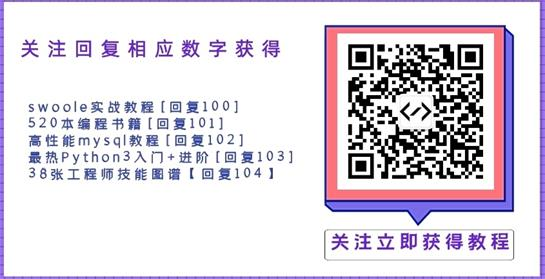package linetimesort;
import java.util.LinkedList;
import sort.InsertSort;
/**
* 桶排序假设输入元素均匀而独立的分布在区间[0,1)上;
* 桶排序的核心思想是,将[0,1)分为n个大小相同的子区间,
* 上一个区间里的元素都比下一个区间里的元素小,然后对
* 所有区间里的元素排序,最后顺序输出所有区间里的元素,
* 达到对所有元素排序的目的。
* @author yuncong
*
*/
public class BucketSort {
public void sort(Double[] a) {
int n = a.length;
/**
* 创建链表(桶)集合并初始化,集合中的链表用于存放相应的元素
*/
LinkedList<LinkedList<Double>> buckets = new LinkedList<>();
for(int i = 0; i < n; i++){
LinkedList<Double> bucket = new LinkedList<>();
buckets.add(bucket);
}
// 把元素放进相应的桶中
for(int i = 0; i < n; i++){
int index = (int) (a[i] * n);
buckets.get(index).add(a[i]);
}
// 对每个桶中的元素排序,并放进a中
int index = 0;
for (LinkedList<Double> linkedList : buckets) {
int size = linkedList.size();
if (size == 0) {
continue;
}
/**
* 把LinkedList<Double>转化为Double[]的原因是,之前已经实现了
* 对数组进行排序的算法
*/
Double[] temp = new Double[size];
for (int i = 0; i < temp.length; i++) {
temp[i] = linkedList.get(i);
}
// 利用插入排序对temp排序
new InsertSort().sort(temp);
for (int i = 0; i < temp.length; i++) {
a[index] = temp[i];
index++;
}
}
}
public static void main(String[] args) {
Double[] a = new Double[]{0.3, 0.6, 0.5};
new BucketSort().sort(a);
for (int i = 0; i < a.length; i++) {
System.out.println(a[i]);
}
}
}
